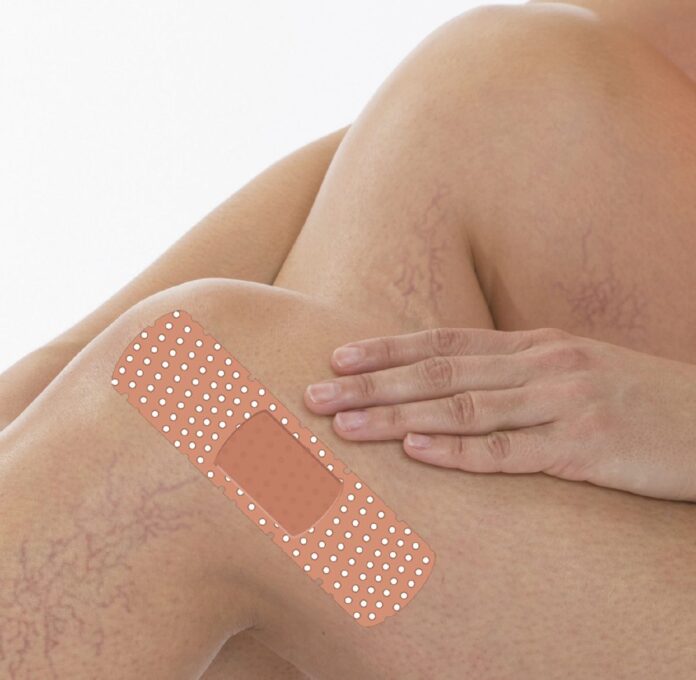HARLINGEN — Taking care of a wound is like painting a wall. Both actions require following certain steps and making sure you have the necessary items to do the job properly. In painting, you may need a drop cloth, paint brush or roller, paint pan and can of paint.
Items necessary to care for a wound include clean cloth or bandages, water, soap, tweezers, alcohol and antibiotic cream or ointment.
Before painting, you need to lay the drop cloth down on the floor, mix the paint and pour it into the paint pan.
Caring for a wound also involves several steps.
Wound care begins with stopping the bleeding, which usually happens after a few minutes. Bleeding helps clean out wounds; but if it does not stop in a short time, apply gentle pressure with gauze.
If blood flow continues, seek medical help. Rinse the wound with clean water and clean the area around the wound with soap, if necessary.
Remove any debris, such as splinters, from the wound with tweezers that have been cleaned with alcohol.
It is not necessary to use hydrogen peroxide or iodine, which can actually damage sensitive tissue and prevent healing.
After the wound is clean, apply a thin layer of antibiotic ointment or cream to keep the surface moist.
Most minor wounds will heal without an antibiotic, but it can help speed the healing process and reduce scarring.
Cover the wound with a bandage to keep it clean and prevent bacteria from entering the affected area.
Change the dressing on a regular basis or as soon as it gets dirty or wet.
After the wound has started to heal, expose it to air to speed healing.
A couple of tips to help make a painting job have a more professional look include using painter’s tape to achieve a straight edge or applying more than one coat of paint for better coverage.
People with diabetes should take special precautions for wound care because their condition can reduce the body’s ability to heal and increase the risk of infection.
Diabetics need to tightly control blood glucose and check for cuts or scrapes, especially on their feet.
If wounds fail to heal properly, hyperbaric oxygen therapy may be recommended.
This treatment involves giving patients high concentrations of oxygen under pressure to increase the oxygen level in the blood and tissues to promote healing.
For more information about wound care, talk with your doctor or call the Valley Baptist-Harlingen Wound Care & Hyperbaric Medicine Clinic at (956) 389-1940.




